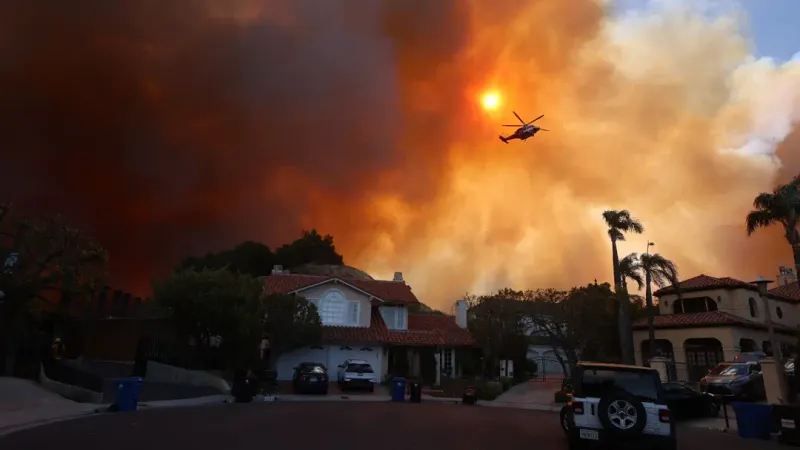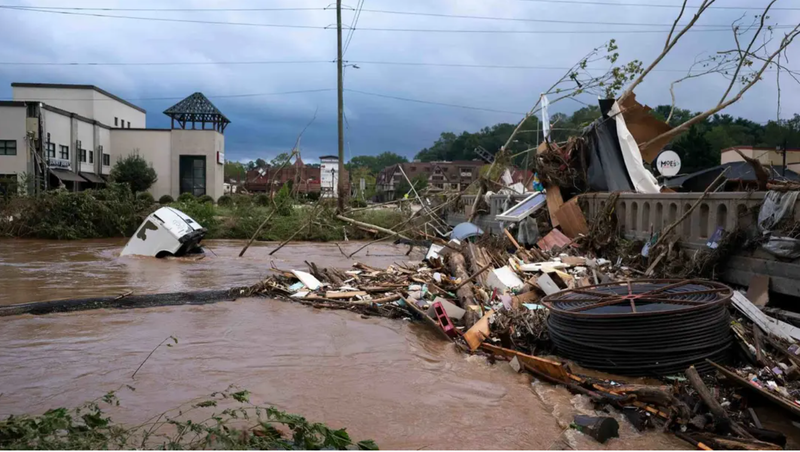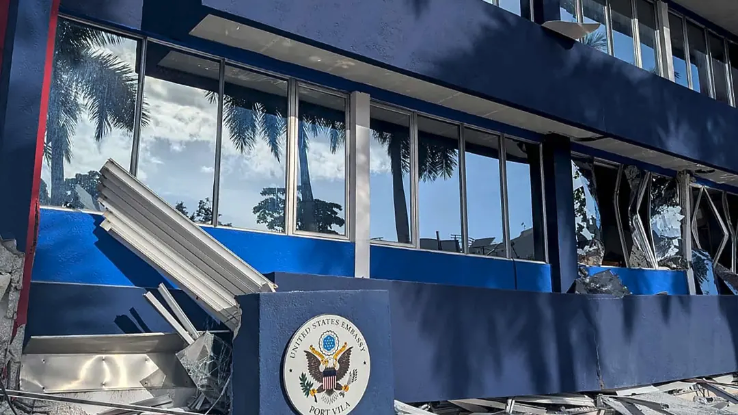Libya Floods: Aid Arrives, Death Toll Rises
As of Wednesday, the death toll from the catastrophic storm Daniel that hit Libya over the weekend, causing two dams to collapse in the city of Derna, reportedly stands at around 6K and is expected to rise as rescue operations continue....

0:00
/0:00
Facts
- As of Wednesday, the death toll from the catastrophic storm Daniel that hit Libya over the weekend, causing two dams to collapse in the city of Derna, reportedly stands at around 6K and is expected to rise as rescue operations continue.1
- With nearly 10K people unaccounted for and over 30K displaced, foreign aid — including rescue teams, food, clothes, and medical supplies — began to reach the nation Wednesday.2
- Libya has been divided between two rival governments — one in the east, another in the west — since the overthrow of Muammar Gaddafi in 2011. Despite the division, both governments have come together to assist in the storm's aftermath.3
- The city of Derna — the worst hit by the storm — is divided by the Wadi Derna, a seasonal river protected from flooding by the construction of two dams in 1986. Storm Daniel caused both dams to fail, and deadly floods consumed everything in its path and left an estimated $67M in damaged roads and bridges.4
- The damaged roads have left rescuers struggling to reach the coastal city, which is home to around 89K people. In addition to Derna, other affected areas include the towns of Susa, Marj, and Shahatt, as well as the city of Benghazi, according to authorities.5
- Storm Daniel also caused extensive damage in parts of Greece, Bulgaria, and Turkey last week, killing at least 27 people before it accelerated over the Mediterranean, hitting the shores of Libya.6
Sources: 1Al Jazeera, 2CNN, 3BBC News, 4Archive, 5Associated Press and 6Guardian.
Narratives
- Narrative A, as provided by Africanews. Years of conflict in Libya have left its 7M residents vulnerable to the impacts of a changing climate, including droughts, extreme heat, sea-level rise, and food and water insecurity. Over-dependence on oil exports and a lack of investment in agriculture and energy infrastructure have left isolated local governments burdened with the responsibility of securing a livable future in the country.
- Narrative B, as provided by Undp. Libya is politically divided thanks to the 2011 NATO-backed uprising. Still, though Libya remains in a state of conflict, both governments are united in sending aid and funds to the affected areas. Additionally, the country is collaborating with the UN to create a bright future fit with renewable energy, environmental sustainability, and clean water — all of which will be contributing factors toward its future political stability.






